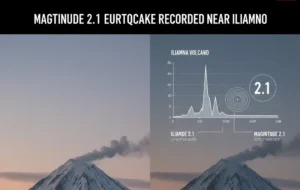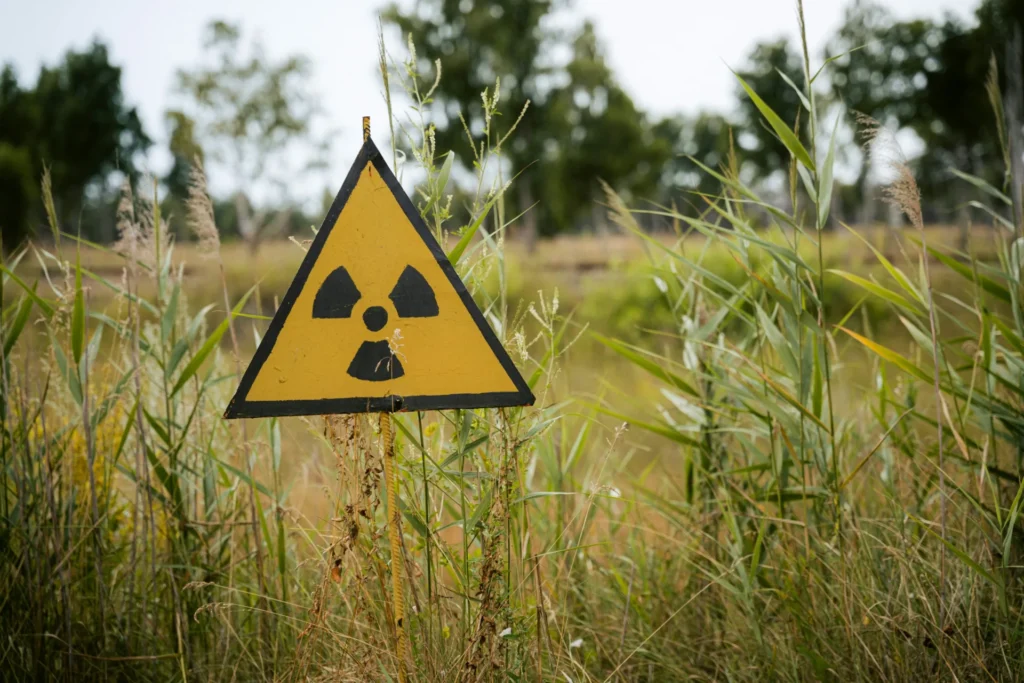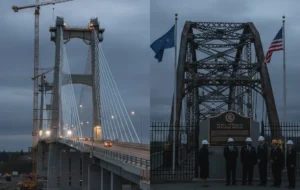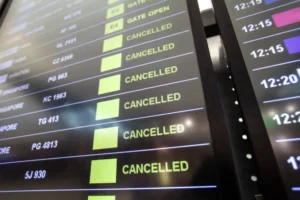President Donald Trump signed the sweeping tax and budget bill into law on July 4, which included a critical extension. The legislation revives and strengthens the Aleutian nuclear test compensation program, allowing more time for victims to apply.
Initially passed in 1990, the Radiation Exposure Compensation Act (RECA) provides one-time payments to people harmed by US nuclear testing. While most tests occurred in Nevada, the act also includes three underground atomic detonations on Amchitka Island in Alaska.
Those occurred in 1965, 1969, and 1971, with the final test, Cannikin, remaining the most controversial in US nuclear history. It involved a 5-megaton bomb creating shockwaves equal to a magnitude seven earthquake.
The explosion killed thousands of fish and sea otters and sparked global outcry, inspiring the founding of Greenpeace. Legal challenges escalated to the US Supreme Court, ultimately allowing the Cannikin test to proceed.
Environmental monitoring on Amchitka Island continues today, and the US Department of Energy and Alaska tribal groups manage it. The new law extends the application deadline to December 31, 2027, giving more people a chance to file claims.
The trust fund that administers payments now expires on December 31, 2028, instead of earlier this year. It also raises compensation amounts for eligible groups affected by radiation exposure from nuclear tests.
Downwinders or those exposed to radiation carried by wind will receive $100,000 instead of $50,000. On-site workers will also receive $100,000, up from the previous $75,000. The program has already paid out $2.7 billion in claims to affected individuals, including Navajo uranium workers.










